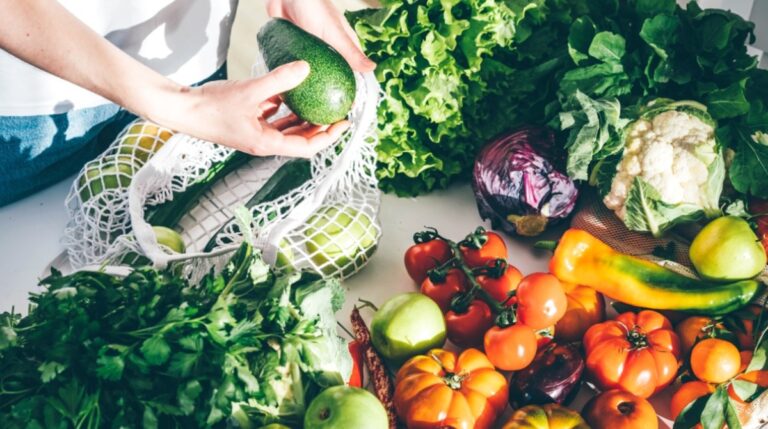Can diet have an impact on your susceptibility of contracting Covid-19? That’s what one study suggests, after finding that a predominantly plant-based or vegetarian diet could reduce the odds of infection by as much as 39 percent.
The observational study, published in the journal BMJ Nutrition Prevention & Health, surveyed 702 participants who provided information on sociodemographic characteristics, dietary information, and Covid-19 outcomes between March and July of 2022. The participants were split into two dietary groups, with 424 identifying as omnivorous and 278 following primarily plant-based diets.
The latter group were further divided into into vegetarian or vegan and flexitarian or semi-vegetarian subgroups, as in those who consumed meat fewer than three times per week.
The respective groups were then analyzed based on incidence of infection, severity, and duration. In total, 330 individuals (47 percent) reported that they had tested positive for a Covid-19 infection with 224 individuals (32 percent) experiencing mild symptoms and another 106 individuals (15 percent) with moderate to severe symptoms.
Not only did the omnivores report a significantly higher rate of infection at 52 percent vs. 40 percent, but were also more likely to have had a moderate to severe infection. Perhaps not coincidentally, the omnivore group was also associated with a higher rates of medical conditions, were more likely to be overweight or obese, and had lower rates of physical activity.
All in all, the plant-based and vegetarian groups had 39 percent lower odds of contracting Covid-19, leading researchers to suggest that a diet high in vegetables, legumes, and nuts but low in dairy and meat may help prevent infection.
Though, predominantly plant-based diets likewise provide overall more immune system-boosting nutrients that can help to fight viral infections.
“In light of these findings and the findings of other studies, and because of the importance of identifying factors that can influence the incidence of Covid-19, we recommend the practice of following plant-based diets or vegetarian dietary patterns,” concluded Dr. Júlio César Acosta-Navarro, an assistant physician with the Hospital das Clinicas in Sao Paulo, Brazil, who led the research team.
And when you consider the fact that there’s a new Covid-19 variant and cases currently on the rise, the findings certainly are food for thought.
